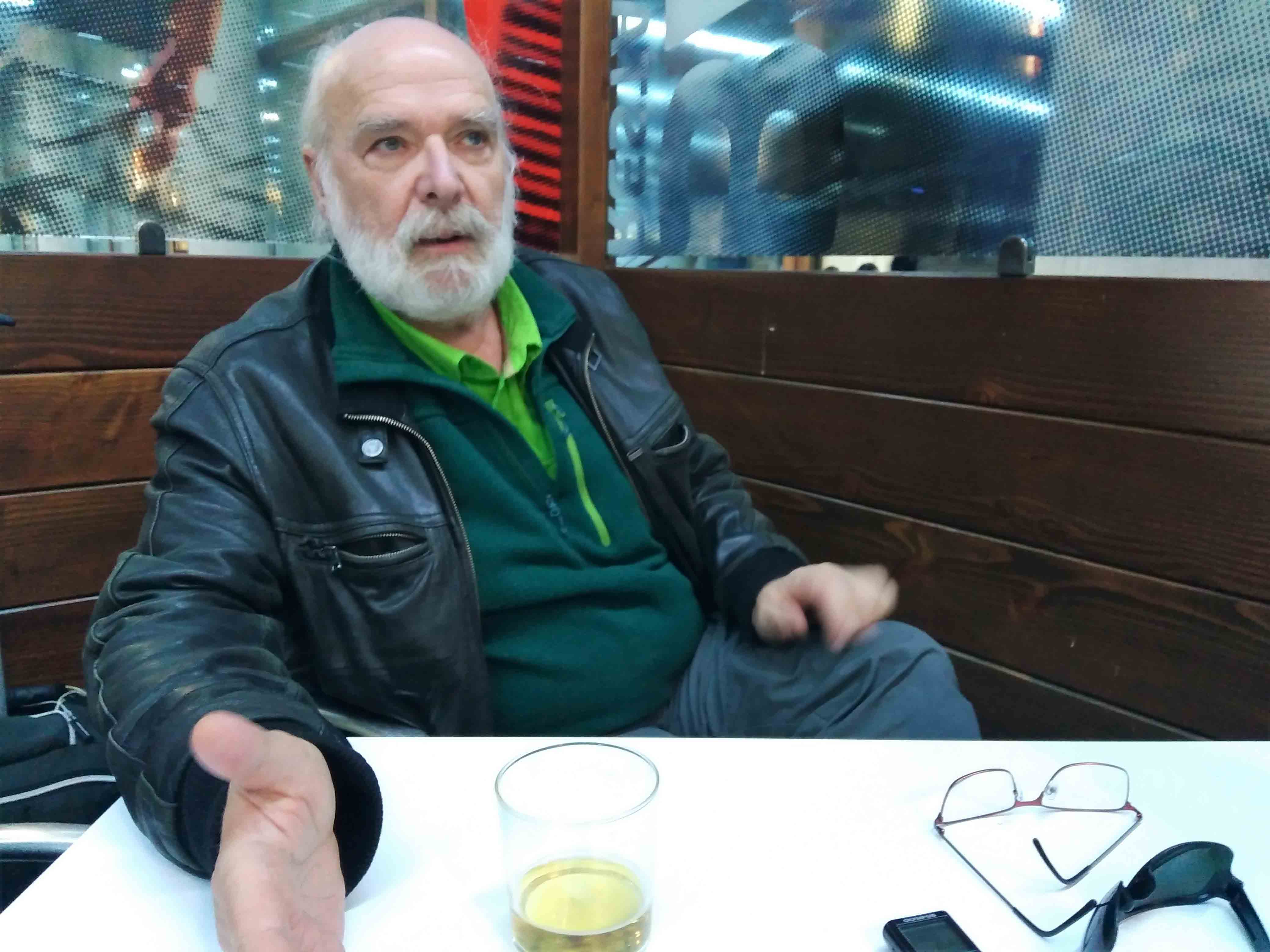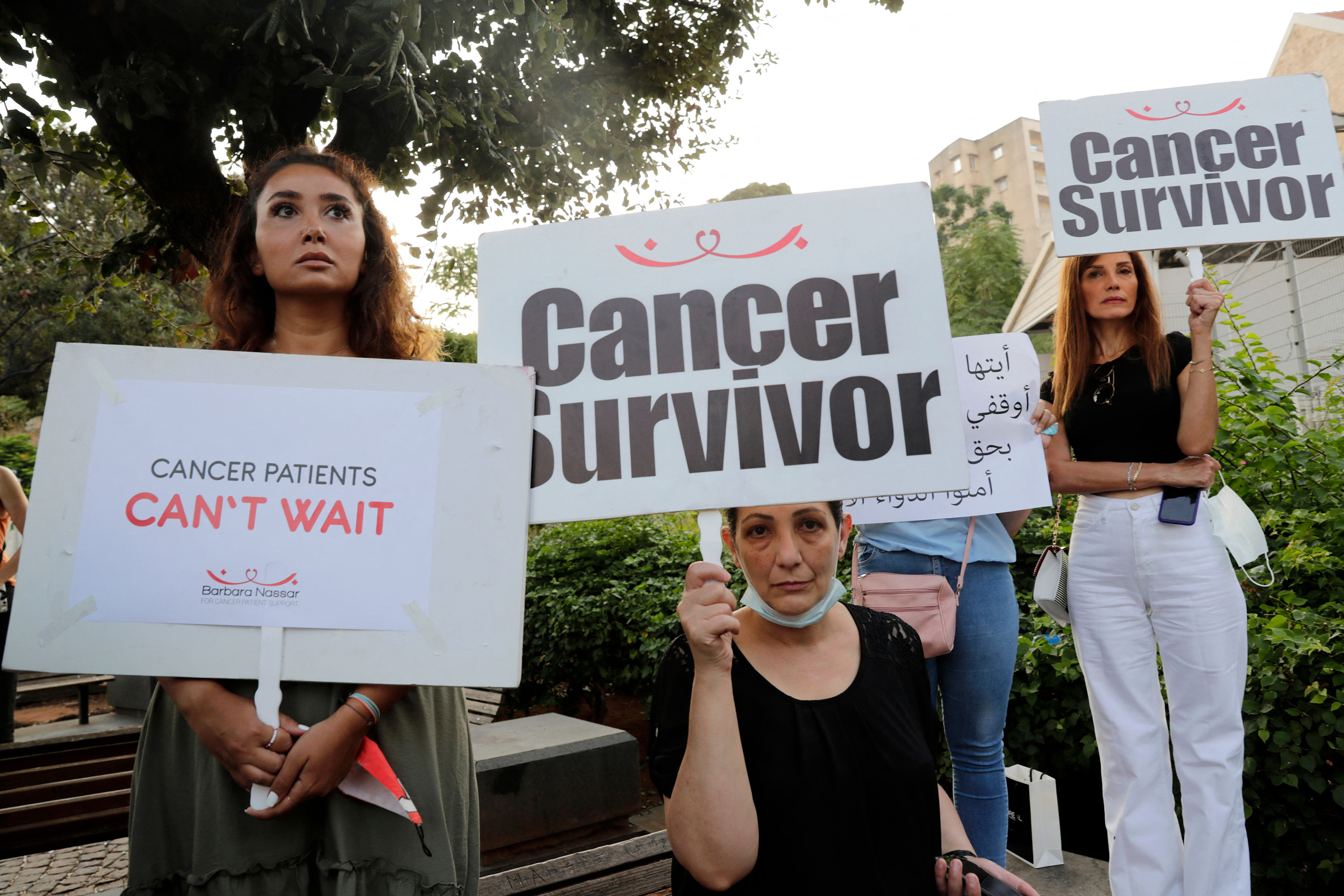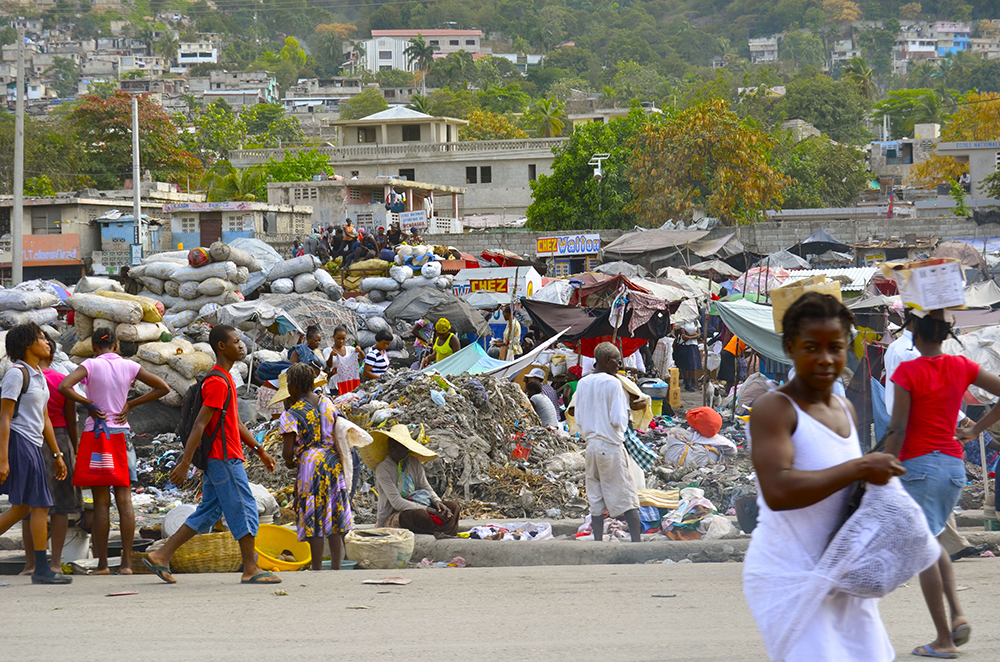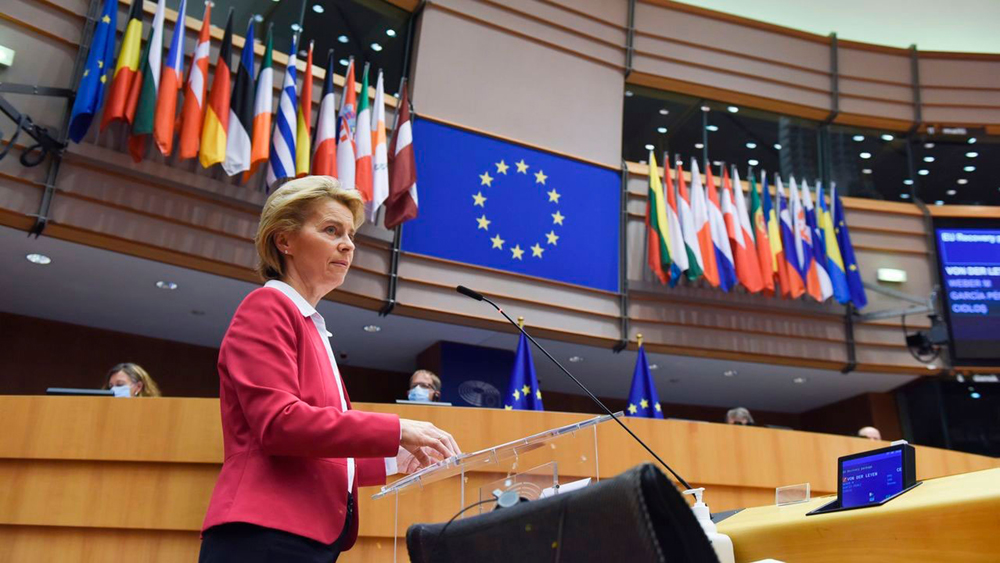"I do not rule out the exit from the euro zone, the situation is controllable"
- It has appeared in the Parliament of Navarre at the request of the Social Parliament, and has advised the Government of Navarre not to pay an illegitimate debt. That was what Greece had been advised of, and Ecuador and others. The Belgian activist is one of the world’s leading experts on sovereign debt. He has written many books on the subject.

Is it easy to identify illegitimate debt?
Very tender. This debt has been contracted to satisfy the interests of a privileged minority: debt to bank rescue, tax gifts to the rich, ‘white elephants’ for construction companies, companies contracted for corruption…
We are constantly told that we are coming out of the crisis or that we have come out of it. Is that the case?
No, of course. The European Central Bank (ECB) is injecting EUR 2 trillion into private banks and, at the same time, has spent EUR 1.5 trillion on sovereign securities, reducing interest rates for states. The result? We seem to be coming out of the crisis, but that is not based on real economic improvement.
Disobeying the European Union’s criteria is the first point that advises governments that want to deal with public debt. This means leaving the EU or expelling it.
Disobeying does not mean immediate expulsion. In a state such as Spain, for example, it would have an important negotiating power… nothing to say France or Italy. Furthermore, I do not rule out leaving the eurozone, we have to discuss it, it does not mean disaster, the situation is controllable.
In any case, the public debt is no longer heard as much, let alone that of the defaults.
Yes, it's true. Governments manage to fund their debt without problems for modest interests, but the situation will change, because the ECB will reduce the purchase of public debt and raise the interest rate. This will increase the pressure on the states and will reawaken the attention of the public. That is why we are working hard now, because we anticipate this situation.
What is the state debt situation?
In general, it goes up constantly. If tax collection is reduced, you have to look for funding somewhere.
Greek public debt in 2008 accounted for 100% of its GDP, while currently it was 175%. Are rescues a trap?
Of course. Ultimately, Greece’s rescue plan was a plan to rescue banks from the EU’s strongest economies. In the first ten years of the euro there was a large flow of money from the richest countries to the peripheral countries, which then had to be returned.
Alexis Tsipras – Syriza – negotiated with the EU, even though he won the referendum on debt default with 61.5% of voters. What happened?
Tsipras did not face the creditors or the major classes in his country, so he betrayed his country. Tsipras had decided not to confront the owners of the maritime industry and the Orthodox Church.
Syriza says that they would throw him out of the EU otherwise. Was Greece ready for that?
Her job was to prepare her. If they attack your people, you can't leave that without defense. It was not, however, an issue that was either the EU or not, but the payment or not of the debt. Tsipras decided to pay an illegitimate debt.
You said that thinking that Tsipras called for a referendum, you would lose it. Why do you think so?
Because I have a lot of clues. I had very close contact with a Tsipras advisor who was sending me in the campaign telling me they were going to lose. I was telling them that they were campaigning very badly, without really mobilizing, but that people would vote no. Another symptom: I worked very closely with the President of the Greek Parliament, and on the evening of the referendum, knowing that they had already won, he went to the office of the prime minister and, Tsipras and his advisor, were very sad. The following day they met with the supporters of the debt payment, to agree to the debt payment. Tsipras was ready to lose and negotiate with the opposition and with the EU, and he continued with his party script.
Transforming parties are often resigned to the institutions. Why?
Because they don't prepare for change. They have to enter into conflict and disobedience and, instead, they get caught up in the institutional network. It's happening with Podemos in Spain, but somehow also with Bildu in Gipuzkoa. Within the framework of fiscal autonomy, for example, more stringent fiscal measures should have been adopted. The Cup has had the same thing: I am very fond of this, but it has paid very expensive the pact with the other two neoliberal independence parties. I am not just the one who says this, many of the militants in those parties think the same thing and we have to discuss it.
What must be done to ensure that this does not happen?
One, to know how to prepare, to know that the governments of the States and the major classes of the country must be faced. Two, it's key that not all party cadres enter the institutions, and that these party cadres and their militants move in the street to put pressure on the government. Close cooperation between transformative institutions and citizen mobilizations is essential.

“Belgikan jaio nintzen 1954an, Namurren. Zorraren gaia izan da nire bizia: garai batean Hegoko herrien zorra ikertu nuen asko, azken boladan herrialde aberatsetakoa gehiago. 15 liburutik gora egin ditut gaiaz eta mundu mailako erakundea den Zor Ilegitimoa Ez Ordaintzeko Batzordearen bozemailea naiz, besteak beste. Nafarroan gogor ari dira lanean zor publikoarekin eta laguntzera etorri naiz. Bihar banoa Parisera eta etzi Italiara. Asko bidaiatzen dut”.
Koronabirusaren lehen olatuaren erdian ginela, hitz ederrak entzun ziren G20-ko Finantza ministroen zein Nazioarteko Diru Funtsaren partetik: Hegoaldeko herri pobreak laguntzea ezinbestekoa omen zitzaien eta horretarako zorraren ordainketa une batez gelditzea onarturik zuten... [+]
























